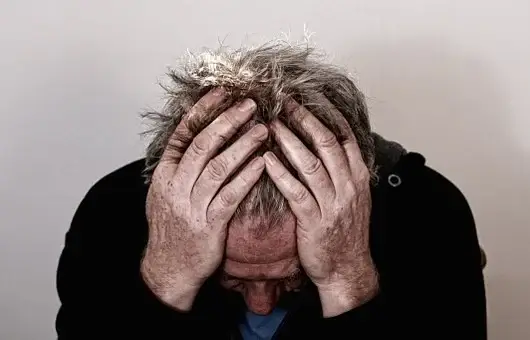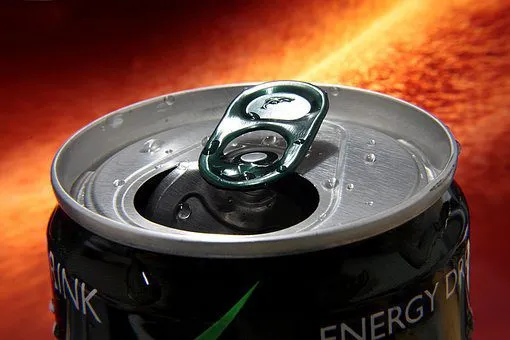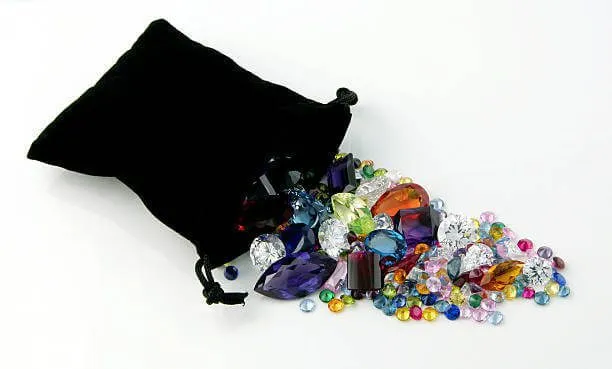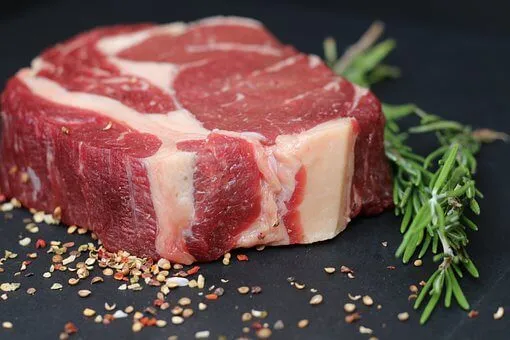7 Symptoms Of Too Many Energy Drinks
Energy drinks such as red bull and monster have become ubiquitous with young adults. They are becoming an everyday beverage for most people who want to tap into increased physical performance, promote mental wellness, increase energy levels, and other benefits they claim to have. However, there are no sufficient evidence to support these claims.
Among millennials, over 61% consume an energy drink each day. According to a report in 2018, 62% of the millennials who consumed energy drinks buy energy drinks that claim to have stamina-boosting effects. This is pushing the market from $46 billion in 2021 to the anticipated market share of $108 billion before 2028.
As with many things, taking too much energy drink is problematic and deadly. But the body will always alert you and try to tell you that you are going overboard on energy drinks. Below are the symptoms of too many energy drinks that you may experience.
a. Tooth Decay

A report by Oral Health Foundation shows that energy drinks are acidic and have devastating effects on oral health. The acid is so significant that it can potentially destroy the tooth enamel. This makes the mouth prone to bacteria that end up causing tooth decay and cavities.
b. Increased Blood Pressure
Studies have shown that taking too many energy drinks significantly increases blood pressure. Energy drinks contain vasoactive metabolites such as taurine, caffeine, and sugar, which can affect cardiovascular health. Due to the increased blood pressure, more pressure is put into the blood vessels, damaging the tissue inside the arteries.
People with certain conditions and take energy drinks are at a higher risk of abnormal heartbeat and other fatal issues such as ventricular arrhythmias. This can lead to more serious problems like stroke and heart attack.
c. Frequent Migraines and Headaches

Severeheadache is a common symptom of caffeine withdrawal. Energy drinks can stimulate the brain and constrict the muscles in the head, which may lead to severe headaches. If you have frequent headaches, you should consider reducing your energy drink intake.
d. You Experience Weight Gain
Avoid energy drinks if you’re trying to lose weight, as they are often loaded with calories. In a report published in pediatric Obesity, drinking about two cans of sweetened beverages for six months increases the risk of obesity due to metabolic syndrome risks.
e. You Experience an Increase in Anxiety
Increased anxiety might be a sign that you are overdoing on the energy drinks. Caffeine increases short-term anxiety among healthy individuals who are not caffeine-sensitive. While energy drinks are marketed as a mental health booster, more intake does the opposite.
In one review, there is an association between mental issues such as anxiety, stress, and suicidal thoughts to the energy drink consumption. Chronic use of the drink can even spur a full-blown panic attack.
f. You have Trouble Sleeping
If you have trouble sleeping, it’s time to reduce on energy drink intake. They can increase anxiety, disrupt sleep and increase nightmares. Caffeine in energy drinks blocks the adenosine receptors causing us to feel active even when we should be sleeping.
If you take more than one energy drink every day, especially six hours before bed, you are at higher risk of poor sleep and daytime dysfunction due to lack of sleep.
g. You Drink More Than One Energy Drink Per Day
While it might be tempting to grab another can of energy drink, experts don’t recommend it. For adults, the most you should take a day is one, and children should not consume them.
Energy drinks are highly caffeinated and contain sugar and artificial sweeteners. If you’re drinking more than one per day, you are consuming too many calories and too much caffeine, which can negatively affect your sleep, mood, and heart health.
related: Side effects of energy drink on the brain.
What Are the Long-Term Side Effects of Energy Drinks?
Long-term side effects of energy drinks include cardiac stress, insomnia, dizziness, hypertension, dehydration, headaches, nausea, vomiting, anxiety, and jitters. Some people experience a racing heart, chest pains, sweating, and shortness of breath which can be life-threatening.
Over time, caffeine can also cause increased blood pressure and sleep issues. Caffeine also increases the risk of heart disease, as it raises cholesterol levels. Some researchers believe that caffeine also leads to a higher risk of type 2 diabetes, although future studies must draw a definitive conclusion.
Are Energy Drinks Worse Than Coffee?
Coffee is better than energy drinks in many ways. It is better at sustaining energy and has no effects on calories. Coffee also contains caffeine, antioxidants, and polyphenols, which have potential health benefits.
On the other hand, energy drinks have caffeine and other additives, such as sugar, taurine, and guarana, which are culprits for cardiovascular risks and other related problems.
What Can I Drink for Energy Instead of Energy Drinks?
Plenty of beverages provide energy that doesn’t come in a can or have a dozen different ingredients. If you’re looking for something quick and easy to drink, coffee or tea is always a good option.
Coffee is most people’s go-to for an energy boost, but it can have the opposite effect for some people. The trick is to find the proper coffee for you. Experiment with different roasts and brands until you find one that works.
Tea is an excellent option, especially if you want a caffeine-free drink. They come in different kinds and each with unique benefits. Teas reduce the risk of heart disease, improve metabolic function and even protect against certain cancers.
How To Quit Energy Drinks
If you’re looking to kick the energy drink habit, there are several steps you can take. The first step is to identify why you’re drinking them in the first place. Are you studying for an exam and need to stay up for a few nights in a row? Are you working long hours and needing a boost to get through the day? When you identify why you take them, you can find other better alternatives than energy drinks.
Conclusion
Energy drinks may provide an instant quick boost, but they’re not a healthy long-term solution. They contain caffeine, sugar, and artificial sweeteners that can negatively affect your health over time.
You should moderate your consumption if you’re drinking too many energy drinks. There are many ways to boost your energy, and you don’t have to reach for an energy drink every time you need a little boost.














